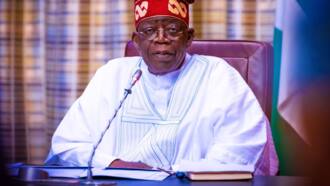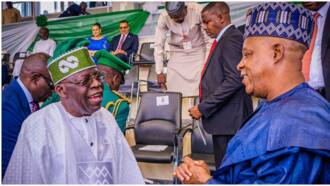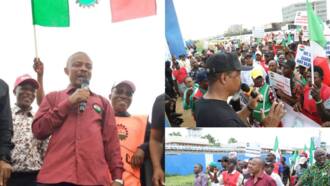How many local governments are there in the Lagos State of Nigeria?
Even though Lagos State is not the largest in Nigeria, the population here is one of the highest in the country. The territory is divided into two parts: the Island and the mainland. Find out how many local governments are in Lagos State and their headquarters.
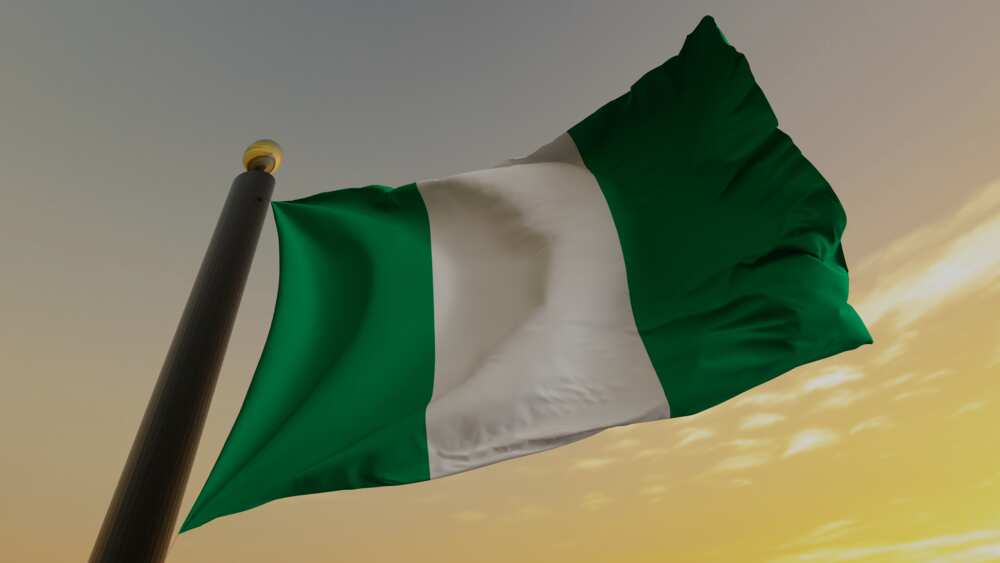
Source: Getty Images
TABLE OF CONTENTS
- How many local governments are in Lagos State?
- 1. Agege (Headquarters at Agege)
- 2. Ajeromi-Ifelodun (Headquarters at Amukoko)
- 3. Alimosho (Headquarters at Akowonjo)
- 4. Amuwo-Odofin (Headquarters at Festac Town)
- 5. Apapa (Headquarters at Apapa)
- 6. Badagry (Headquarters at Badagry)
- 7. Epe (Headquarters at Epe)
- 8. Eti-Osa (Headquarters at Eti-Osa)
- 9. Ibeju-Lekki (Headquarters at Ibeju-Lekki)
- 10. Ifako-Ijaiye (Headquarters at Ogba)
- 11. Ikeja (Headquarters at Ikeja)
- 12. Ikorodu (Headquarters at Ikorodu Town)
- 13. Kosofe (Headquarters at Ojota)
- 14. Lagos Island (Headquarters at Lagos Island)
- 15. Lagos Mainland (Headquarters at Ebute-Metta)
- 16. Mushin (Headquarters at Mushin)
- 17. Ojo (Headquarters at Ojo Town)
- 18. Oshodi-Isolo (Headquarters at Oshodi)
- 19. Somolu (Headquarters at Shomolu)
- 20. Surulere (Headquarters at Surulere)
- What are the names of the 20 local governments in Lagos?
- Is Lagos Island a local government?
- Which local government is the biggest in Lagos?
- What is the local government of Odogunyan?
- What comes under the local government?
- Which indigenous communities are present in Lagos State?
- What is the oldest local government in Lagos state?
- How many LGAs and LCDAs are there in Lagos?
Lagos State serves as the country's economic and cultural epicentre, making it one of Nigeria's most important and dynamic states. It is made up of five administrative divisions: Ikorodu, Ikeja, Epe, Badagry, and Lagos.
How many local governments are in Lagos State?
They are 20 in number. Lagos is the most populous and economically significant state in Nigeria. It serves as the country's commercial and industrial centre, contributing significantly to Nigeria's GDP. Below are the 20 local governments in Lagos State.
1. Agege (Headquarters at Agege)
Agege is the Local Government Area in the Ikeja division. Agege has grown rapidly and has emerged as a major kola nut trading centre.
2. Ajeromi-Ifelodun (Headquarters at Amukoko)
Ajeromi-Ifelodun is an LGA in Lagos State's Badagry division. Ajeromi-Ifelodun boasts 57,276.3 persons per square kilometre.
3. Alimosho (Headquarters at Akowonjo)
Alimosho is the largest local government in Lagos State in terms of population. It is a neighbourhood in Ikeja. Alimosho was founded in 1945 and was part of the (then) western area.
The area is rich in culture, with annual festivities such as Oro, Igunnu, and Egungun standing out. Islam and Christianity are the two major religions. In the community, the Yoruba language is extensively spoken.
4. Amuwo-Odofin (Headquarters at Festac Town)
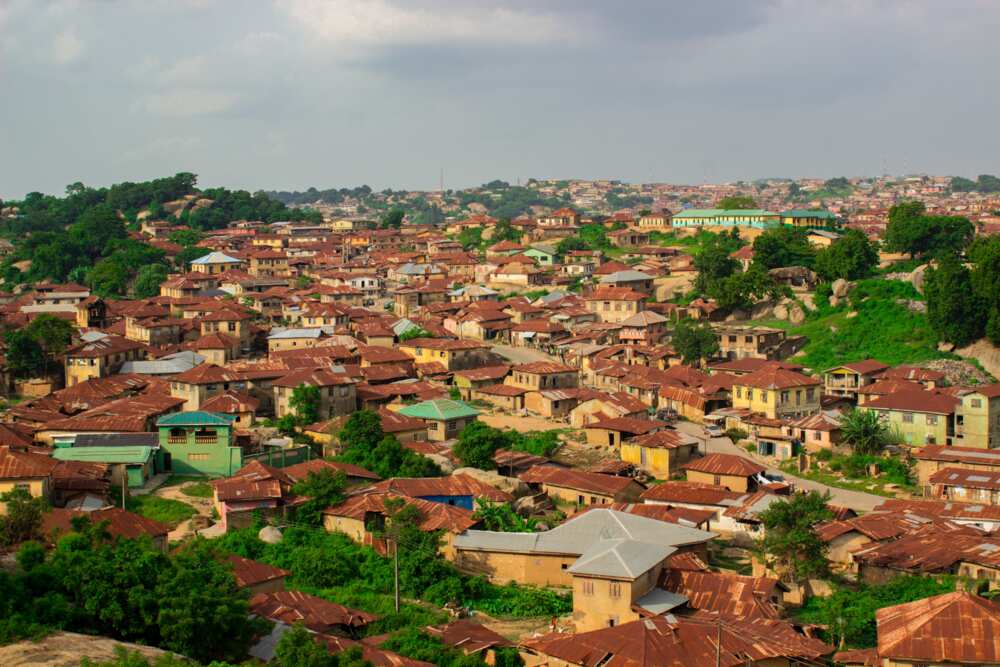
Source: UGC
Amuwo-Odofin is a Local Government Area in Lagos divided into two wards: Oriade and Amuwo. Given its proximity to the border, international trade has taken root in the area, with people of all ethnicities engaging in a variety of trading enterprises.
5. Apapa (Headquarters at Apapa)
Apapa is located on Lagos Island to the west. The Nigerian Ports Authority (NPA) operates a variety of ports and terminals in Apapa LGA, including the primary port of Lagos State and the Lagos Port Complex (LPC).
6. Badagry (Headquarters at Badagry)
Badagry is a coastal town in Lagos. It is located on the north bank of Porto Novo Creek, close to the city of Lagos. Between 1736 and 1851, Badagry grew as a commercial centre on the West African coast.
7. Epe (Headquarters at Epe)
Epe is a settlement on the north side of the Lekki Lagoon, around 90 kilometres from Ibadan. There is no supreme ruler in the region because there are two primary groups, each with its own monarch. These are the communities of Eko Epe and Ijebu Epe in the same town.
8. Eti-Osa (Headquarters at Eti-Osa)
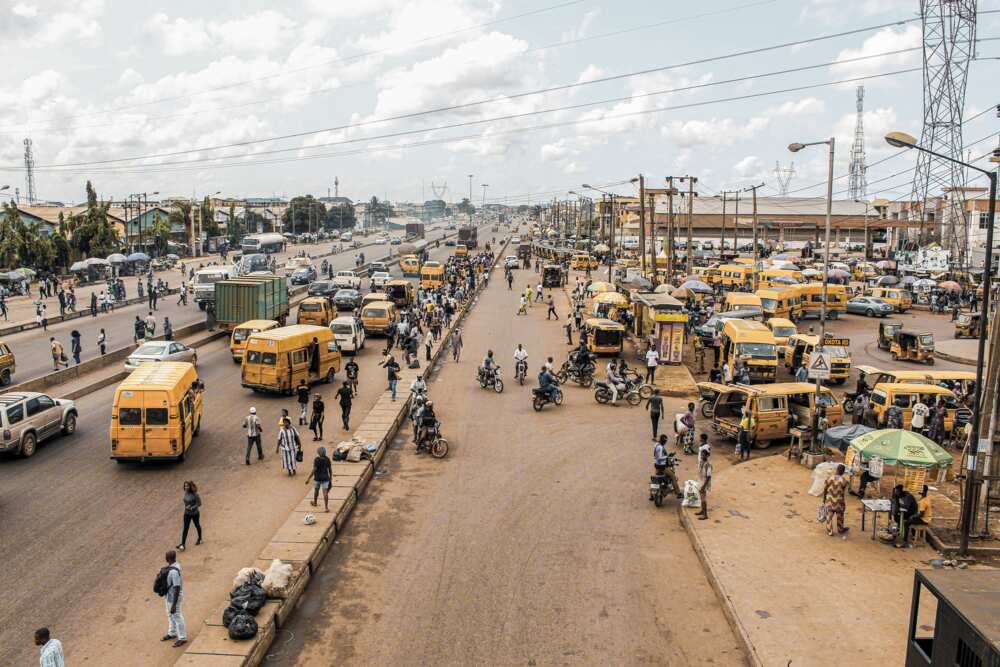
Source: UGC
Eti-Osa contains various major locations in Lagos State. Before the Nigerian capital was relocated to Abuja, Eti-Osa Local Government Area shared the title of the national capital with Lagos Island Local Government Area.
9. Ibeju-Lekki (Headquarters at Ibeju-Lekki)
The demographics of Ibeju-Lekki include people from all over the country who live, work, and do business there. Ibeju Lekki has tourism potential due to its excellent oceanfront and lagoon vistas.
10. Ifako-Ijaiye (Headquarters at Ogba)
Ifako-Ijaiye is 43 square kilometres in size. General Sani Abacha, the then-military head of state, established the Ifako-Ijaiye local government, along with 183 other local governments, on October 1, 1996.
11. Ikeja (Headquarters at Ikeja)
Ikeja is the capital of Lagos State, located in southwestern Nigeria. Ikeja LGA was a well-planned, clean, and tranquil residential and commercial town with retail malls, pharmacies, and government reservation zones before the establishment of military control in the early 1980s.
Ikeja also has its radio station, Eko FM, which broadcasts in English and Yoruba.
12. Ikorodu (Headquarters at Ikorodu Town)
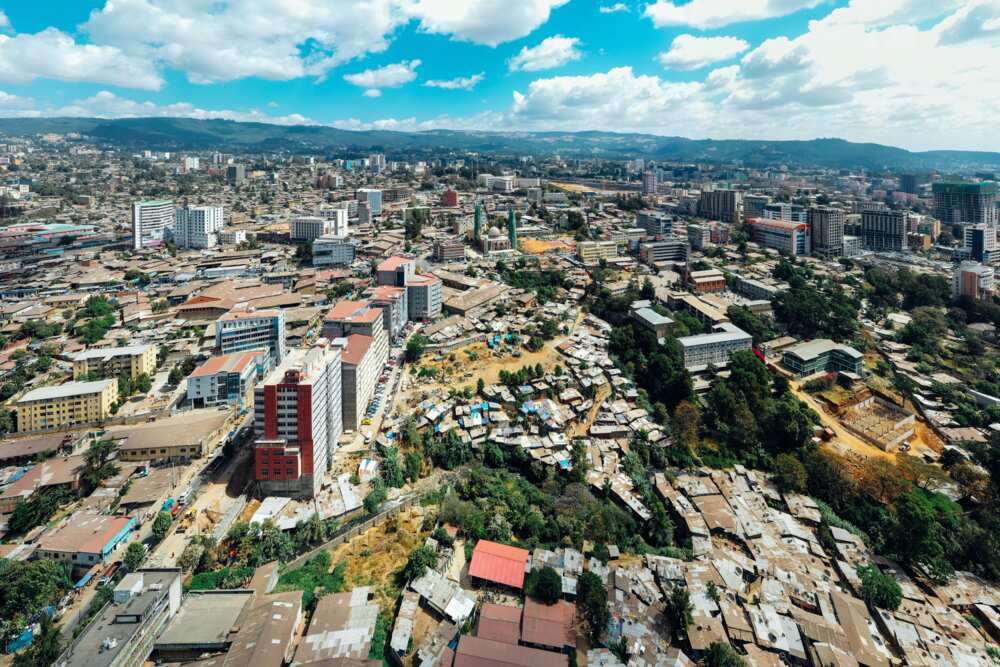
Source: UGC
Ikorodu is located northeast of Lagos, along the Lagos Lagoon, and borders Ogun State. It is the most populous local government in Lagos State. Ikorodu's indigenous settlers came from Sagamu in Ogun state.
13. Kosofe (Headquarters at Ojota)
Kosofe's headquarters are in the town of Kosofe. According to the 2006 census, it has an area of 81 square kilometres and a population of 665,393. One of the major settlements in Kosofe is Ikosi.
14. Lagos Island (Headquarters at Lagos Island)
Lagos Island is part of the Lagos division and covers the western section of the eponymous island. The Yoruba fishing town of Eko, which evolved into the modern metropolis of Lagos, is located on the island. The metropolis has now expanded to include the neighbouring islands and the adjacent mainland.
15. Lagos Mainland (Headquarters at Ebute-Metta)
Lagos Mainland is home to a sizable population of Lagosians and the majority of the city's industries. The Lagos Mainland is noted for its large retail malls and theatres in areas such as Surulere and Ikeja.
16. Mushin (Headquarters at Mushin)
Mushin lies 10 kilometres north of the city centre, next to the main road to Ikeja. It is mostly a densely populated residential region. Mushin LGA is also the birthplace of many A-list performers, like Wande Coal.
17. Ojo (Headquarters at Ojo Town)
Ojo is 37 kilometres west of Lagos on the Trans-West African Coastal Highway's eastern part. Ojo LGA is mostly a residential township, but it is home to several significant marketplaces, including the Alaba International Market, the Alaba cattle market (Alaba Rago), the old Lagos International Trade Fair complex, and the Iyana-Iba market.
18. Oshodi-Isolo (Headquarters at Oshodi)
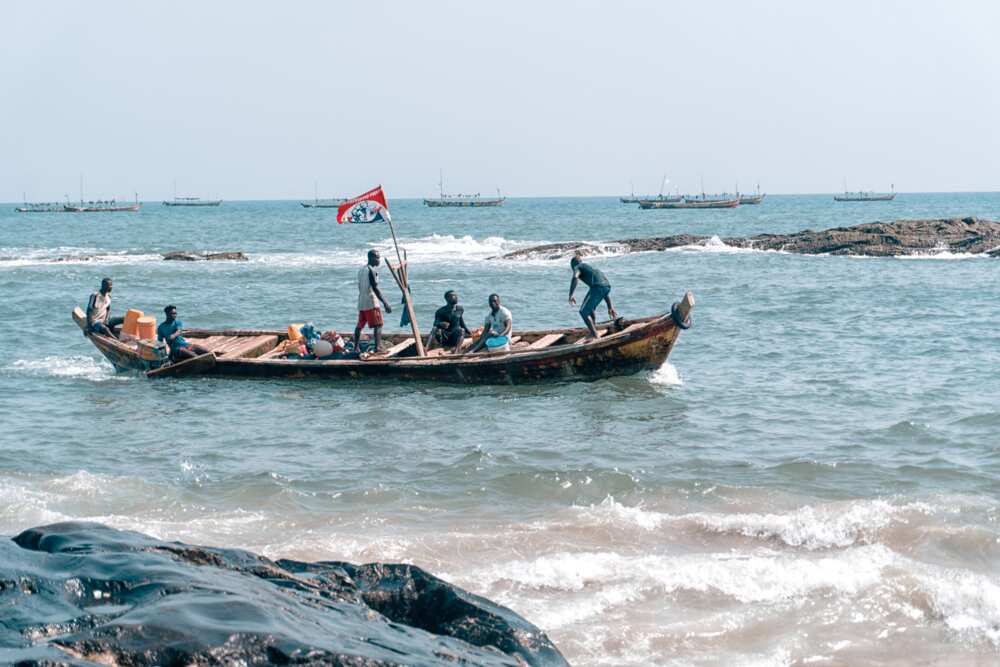
Source: UGC
Alhaji Lateef Kayode Jakande, the second republic Governor of Lagos State, founded Oshodi-Isolo. It is the smallest LGA located to the northwest of Lagos city centre.
19. Somolu (Headquarters at Shomolu)
Somolu is a town in Southwest Nigeria. The Somolu town is noted for having the largest printing sector in Lagos.
20. Surulere (Headquarters at Surulere)
Surulere is a residential and commercial Local Government Area located on the mainland of Lagos. In 2018, multinational sports company Nike Inc collaborated with Wizkid to release a limited edition sports jersey, bringing Surulere LGA and Lagos' cultural footprint to the global stage.
What are the names of the 20 local governments in Lagos?
Below is a table with the names of local governments in Lagos State and their headquarters.
| Local Government Areas | Headquarters in Lagos State, Nigeria | Population |
| Agege | Agege | 461,123 |
| Ajeromi-Ifelodun | Amukoko | 2,000,346 |
| Alimosho | Akowonjo | 11,456,783 |
| Amuwo-Odofin | Festac Town | 318,576 |
| Apapa | Apapa | 217,661 |
| Badagry | Badagry | 241,437 |
| Epe | Epe | 181,715 |
| Eti-Osa | Eti-Osa | 287,958 |
| Ibeju-Lekki | Ibeju-Lekki | 117,542 |
| Ifako-Ijaiye | Ogba | 428,812 |
| Ikeja | Ikeja | 313,333 |
| Ikorodu | Ikorodu town | 535,811 |
| Kosofe | Ojota | 665,421 |
| Lagos Island | Lagos Island | 209,665 |
| Lagos Mainland | Ebute-Metta | 317,980 |
| Mushin | Mushin | 633,543 |
| Ojo | Ojo Town | 598,336 |
| Oshodi-Isolo | Oshodi | 1,621,789 |
| Somolu | Somolu | 402,992 |
| Surulere | Surulere | 504,409 |
Is Lagos Island a local government?
Lagos Island is one of the 20 local governments in Nigeria. It has three major bridges that connect it to the mainland. Located on the Island is the Yoruba fishing town of Eko, which evolved into the modern metropolis of Lagos.
Which local government is the biggest in Lagos?
The Local Government Area with the largest landmass and population in Lagos State is Alimosho.
What is the local government of Odogunyan?
Odogunyan is a rural village in Ikorodu Local Government Area. It is located to the southwest of Ikorodu and to the northwest of Gbogbo. The majority of the population works in agriculture.
What comes under the local government?
Local governments are typically divided into two tiers: counties and municipalities, sometimes known as cities/towns. Some states divide counties into townships.
Which indigenous communities are present in Lagos State?
Lagos State is mainly occupied by the Yoruba people. The Aworis and Eguns are indigenous people of the Ikeja and Badagry Divisions, respectively, with the Eguns mostly located in Badagry.
What is the oldest local government in Lagos state?
The Lagos City Hall was established in 1900; it is the secretariat of the oldest local government in Nigeria. It is in the Brazilian neighbourhoods, directly in the centre of the Lagos business district. The City Hall served as the local government headquarters, with various area offices serving the entire local government.
How many LGAs and LCDAs are there in Lagos?
There are 20 Local Government Areas (LGAs) and 37 Local Council Development Areas (LCDAs). All the LCDAs in Lagos are headed by a chairman elected in council polls and sworn in by the governor.
How many local governments are in Lagos State? Lagos State has a total of 20 Local Government Areas (LGAs). Lagos State is significant to the Nigerian economy and serves as the country's commercial nerve centre.
Legit.ng recently published an article on the LCDA in Lagos State and their chairmen. The state is divided into five administrative divisions, which are further subdivided into 20 LGAs and 37 LCDAs.
All LCDAs in Lagos State are led by a chairman elected in council elections and sworn in by the governor. The LCDAs in Lagos have been in operation for almost 15 years and have opened the way for establishing over 700 similar administrative units throughout Nigeria.
Source: Legit.ng


